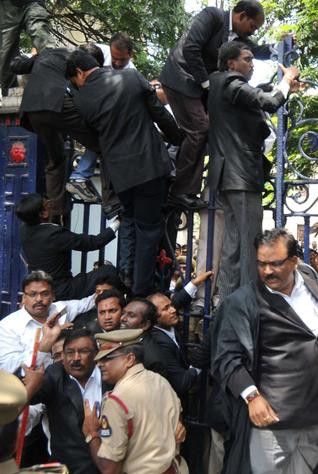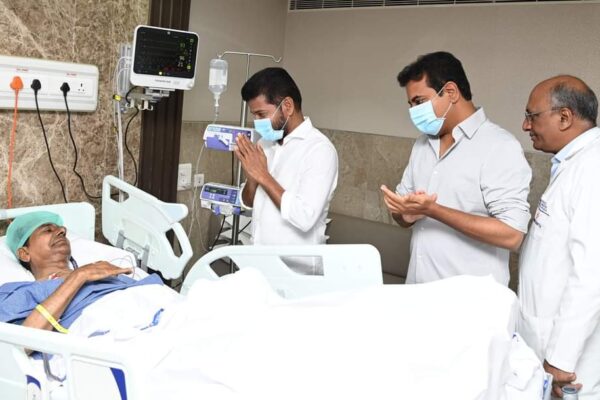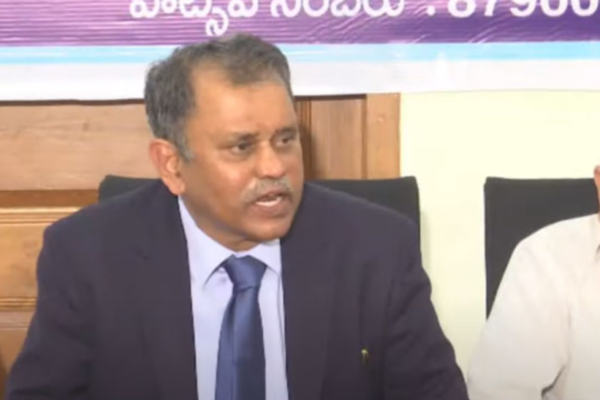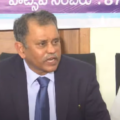
The Supreme Court has hit the nail on the head when it condemned, in no uncertain terms, the vandalism by Telangana agitators in the high court premises in September 2010.
By pulling up the state government for failing to rein in the aggressive T-supporters and coming down heavily on the acts of goondaism, the apex court has actually voiced the concerns of the helpless citizens who were disturbed by the scenes of brazen violence that had rocked the court premises at the height of the Telangana agitation.
One can gauge the extent of exasperation in the observations made by the SC judges: “What is this? You (advocates) would have even killed that judge. The state is watching like a silent spectator,” the judges G S Singhvi and S J Mukhopadhyaya said on Wednesday while castigating the government for failing to restore order.
It may be recalled that a large number of pro-Telangana advocates and other activists went berserk in the high court premises, ransacking the furniture and attacking the people who came their way.
Describing them as “goonda elements”, the Supreme Court made it clear that such acts have no place in a democracy. It also directed the state’s police chief and home secretary to file affidavits detailing the preventive measures and subsequent actions taken to curb violence.
“This is sheer goondaism in the court rooms, throwing chairs, breaking glass and switching off lights. It could have harmed the judges,” the court observed and pulled up the government for not filing its response.
“What are you doing? You are supporting vandalism. What have you been doing all these times? You should have physically prevented them,” the judges told the state government’s counsel Nageshwar Reddy,
The bench also asked the Indian Railways to file its reply, detailing the loss suffered by it during the stir. The orders were given while hearing a petition filed by an advocate P V Krishnaiah, seeking action against the perpetrators of the violence and compensation for those killed and wounded in the ongoing stir for the separate state.
The petitioner contended that normal activities in the state, including those in courts, were paralyzed during the stir with protesters hurling missiles at judges in court rooms and preventing them from functioning.








